Vocabulary expansion Science Worksheets for Ages 4-9
29 filtered results
-
From - To
Discover our engaging Vocabulary Expansion Science Worksheets, designed specifically for children aged 4-9! These interactive worksheets aim to build essential vocabulary skills while introducing young learners to exciting scientific concepts. Each activity encourages curiosity and fosters a love for exploration through age-appropriate language tasks, stimulating their understanding of the world around them. With vibrant visuals and fun challenges, our worksheets not only enhance vocabulary but also improve reading comprehension. Ideal for classroom or at-home use, they are perfect for reinforcing language skills while making science enjoyable. Ignite your child's passion for learning with our thoughtfully crafted resources today!
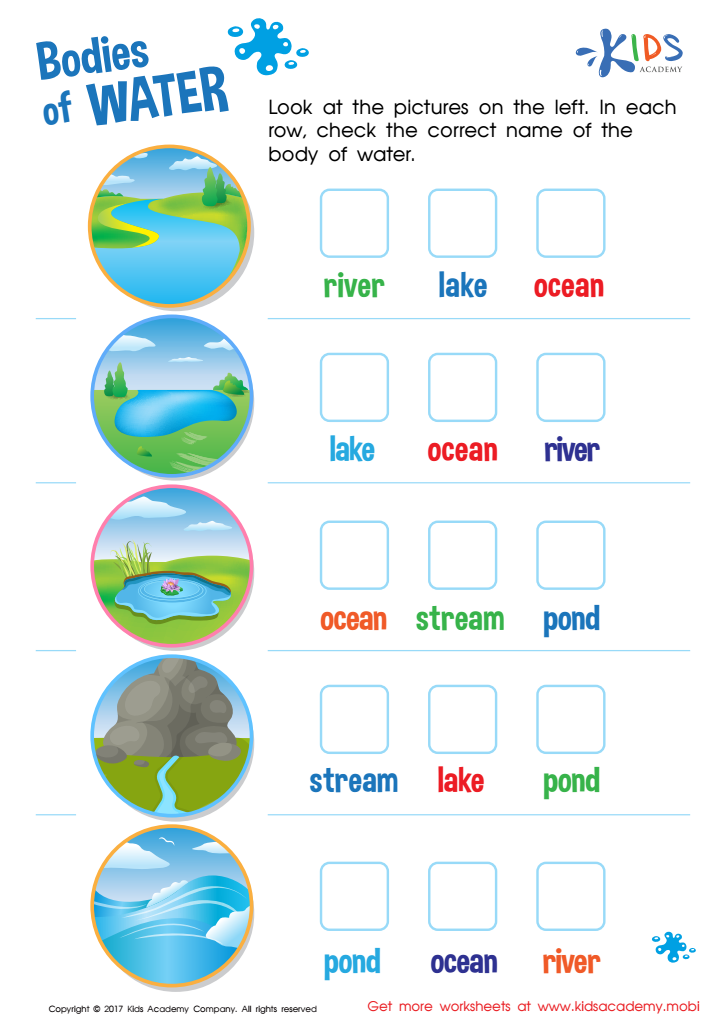

Bodies of Water Worksheet


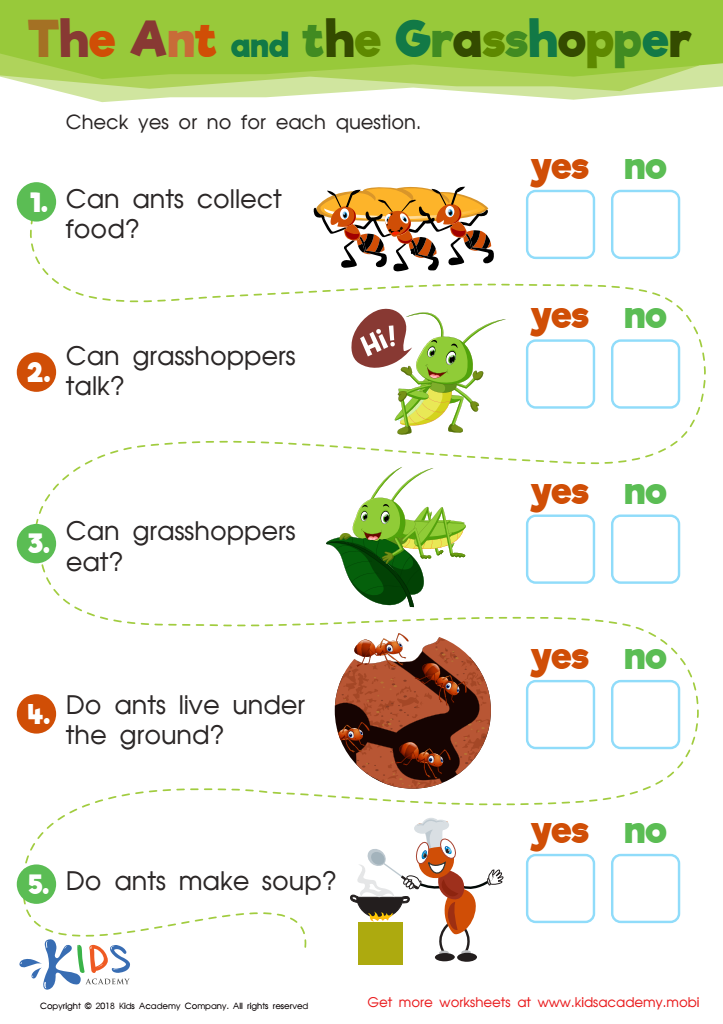

The Ant and The Grasshopper Worksheet
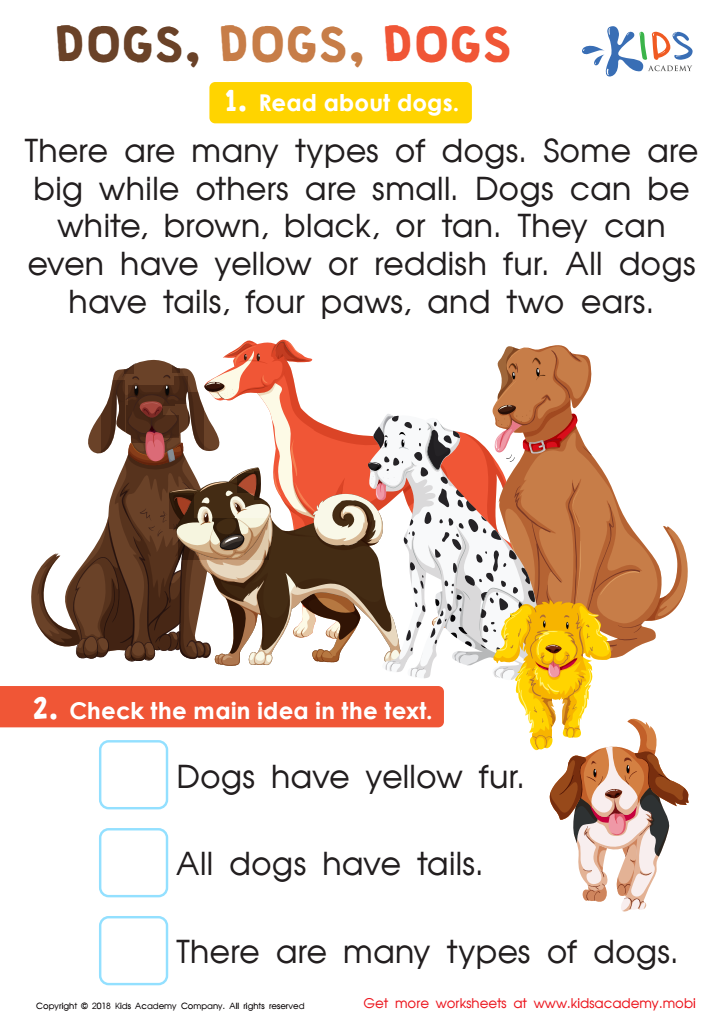

Dogs, Dogs Worksheet
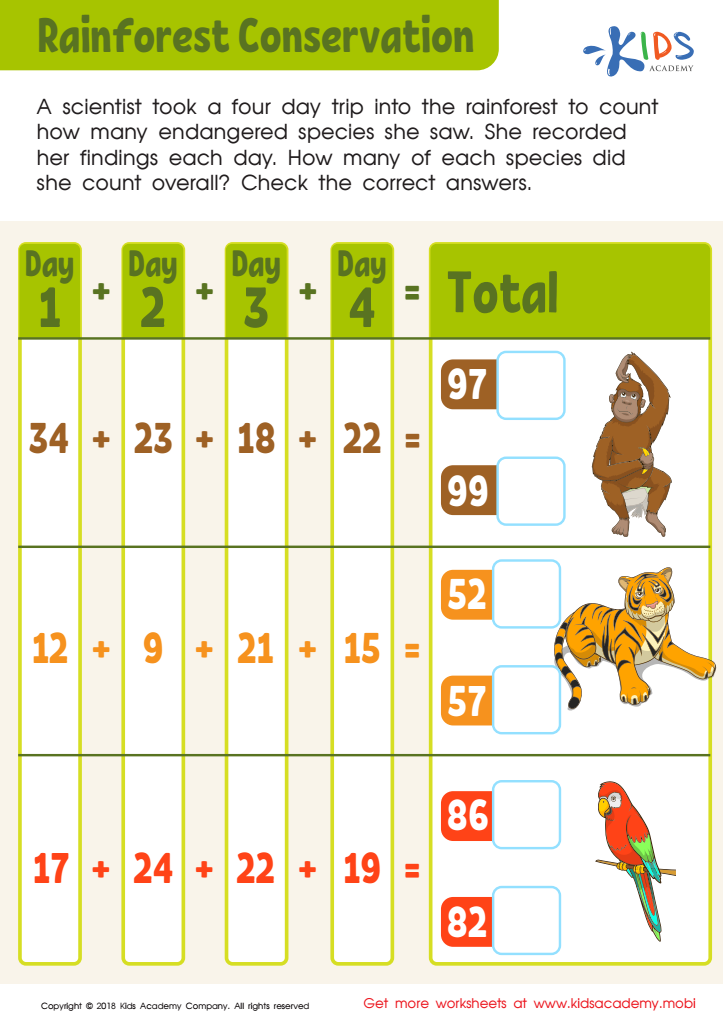

Rainforest Conservation Worksheet
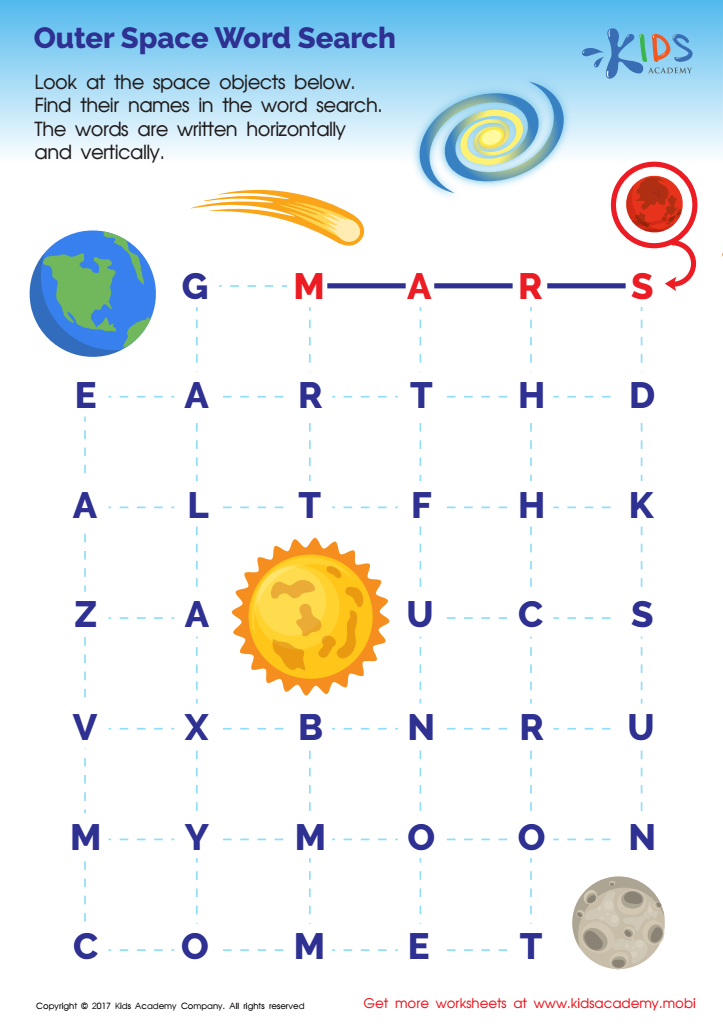

Outer Space Word Search Printable
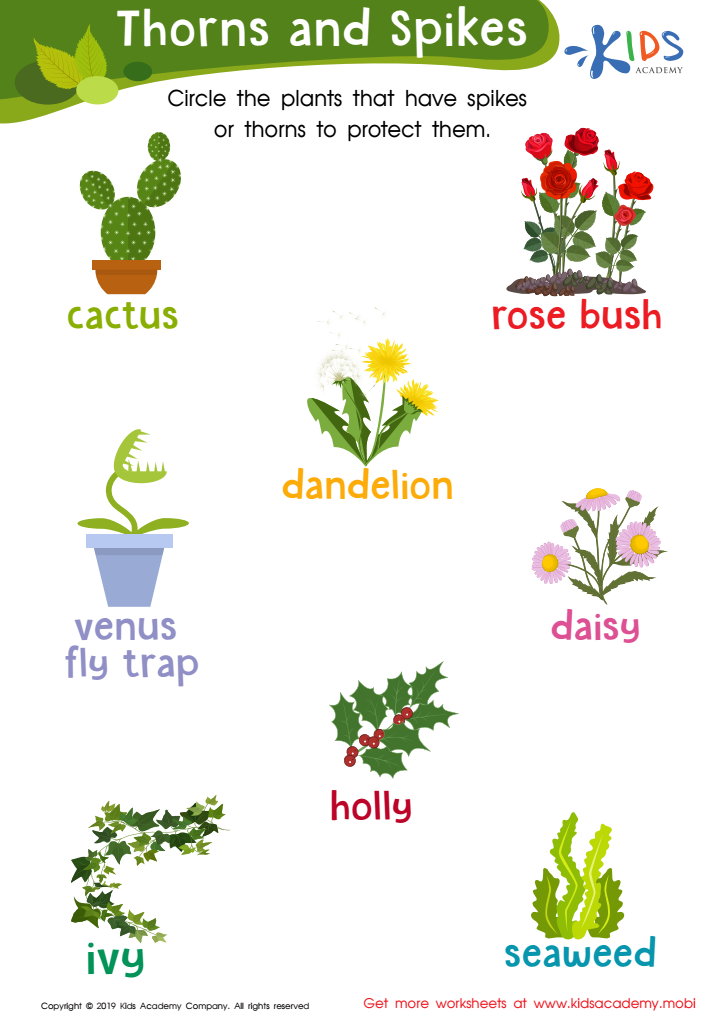

Thorns and Spikes Worksheet
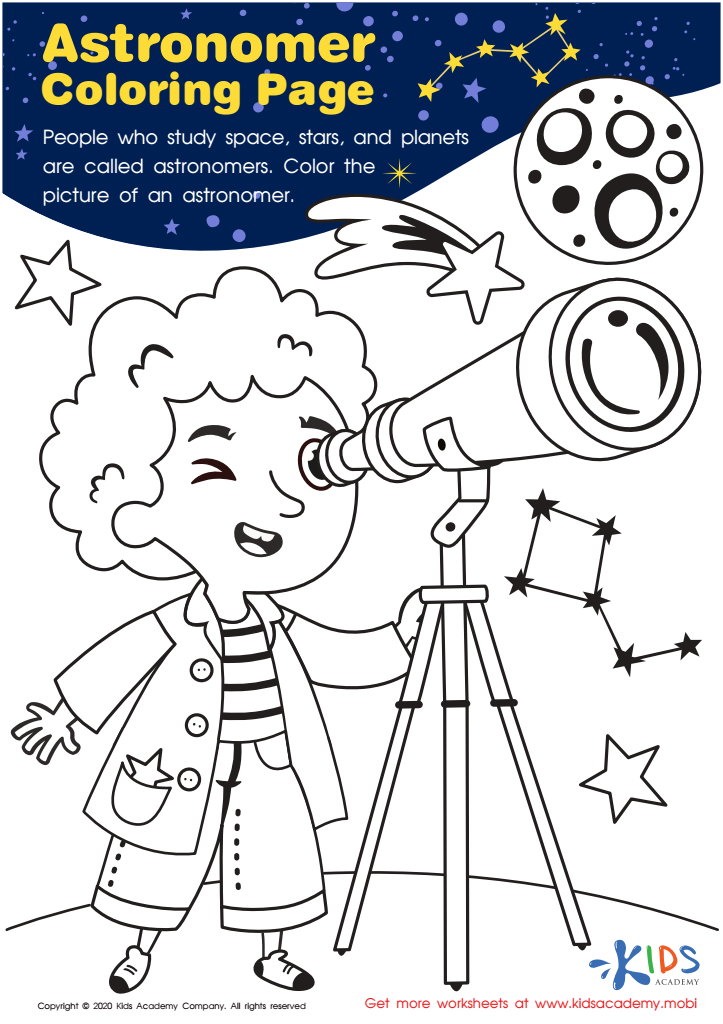

Astronomer Coloring Page Worksheet
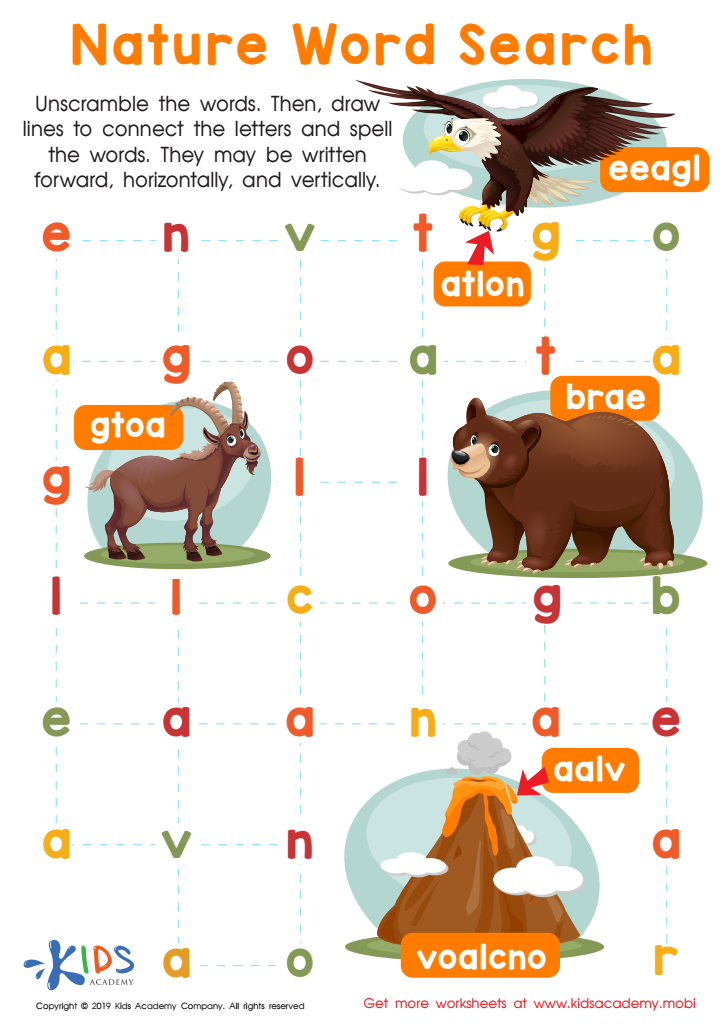

Nature Word Search Worksheet
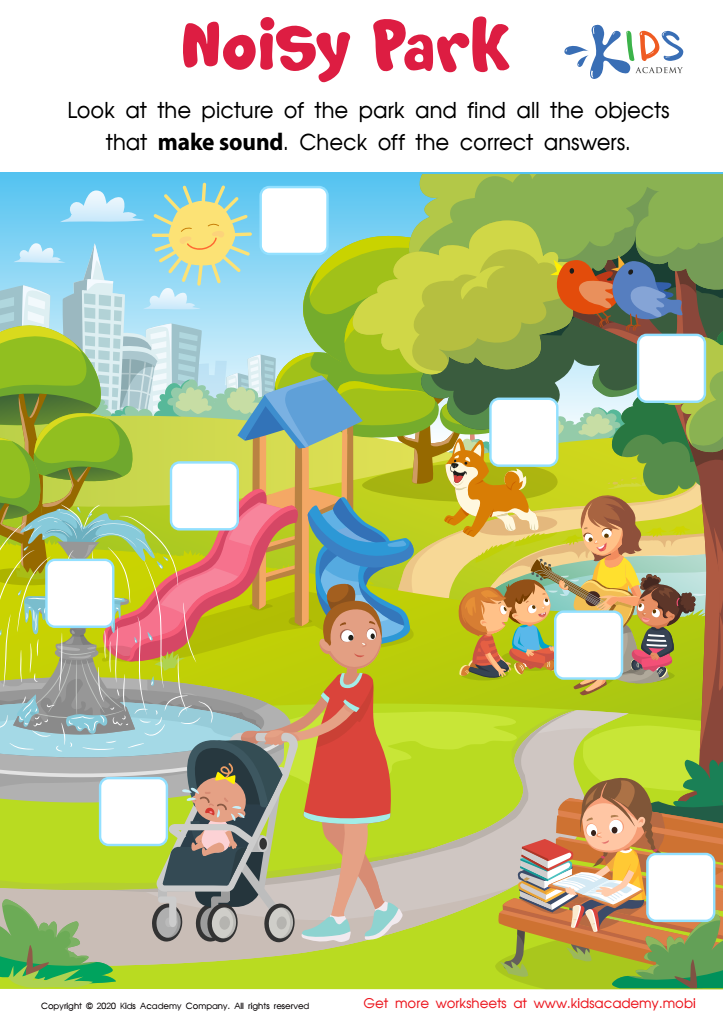

Noisy Park Worksheet
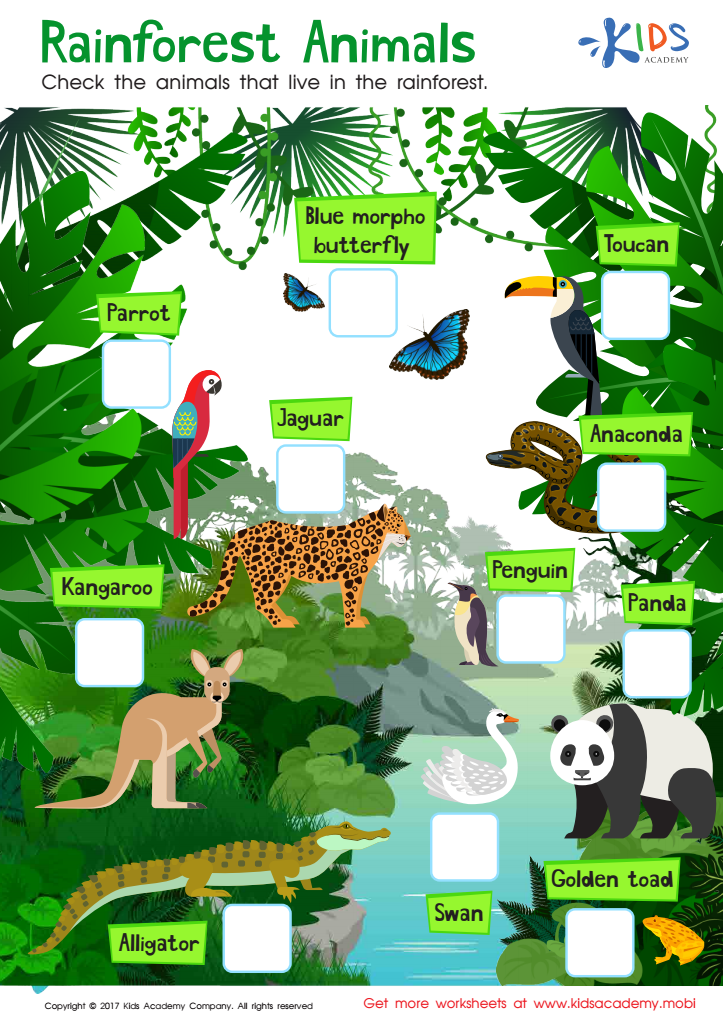

Rainforest Animals Worksheet
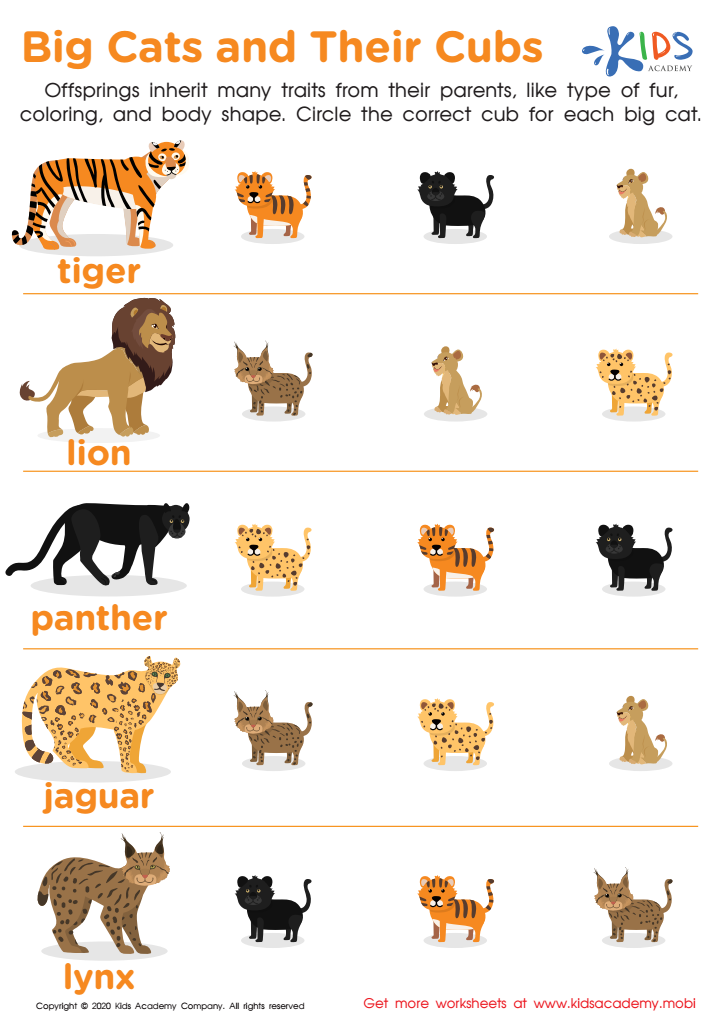

Big Cats and Their Cubs Worksheet
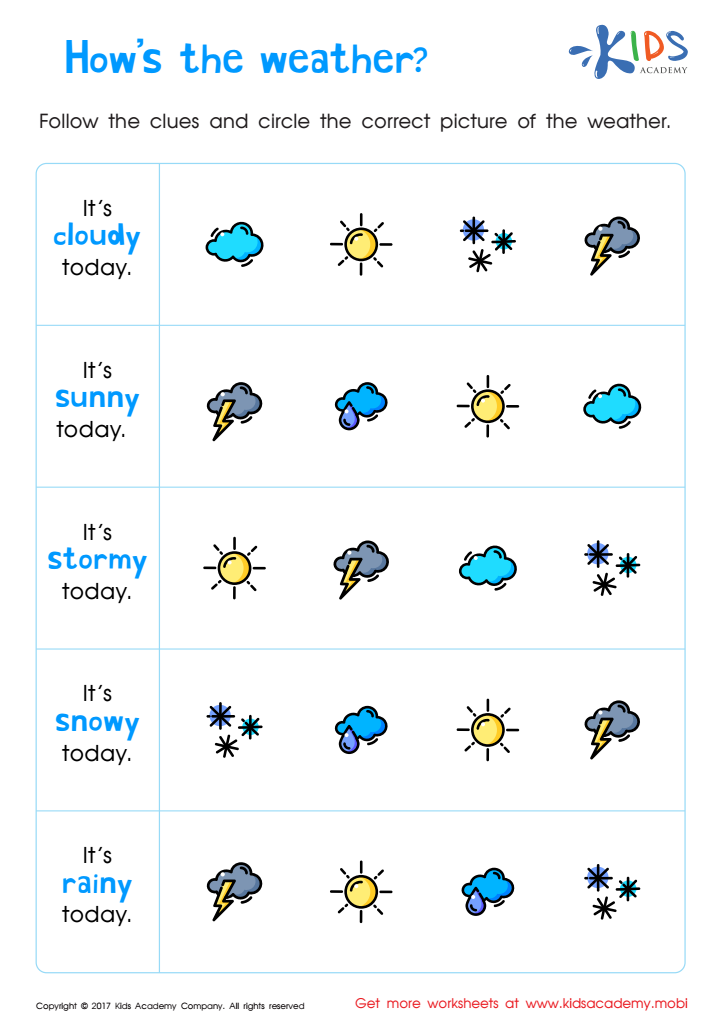

Hows the Weather Worksheet
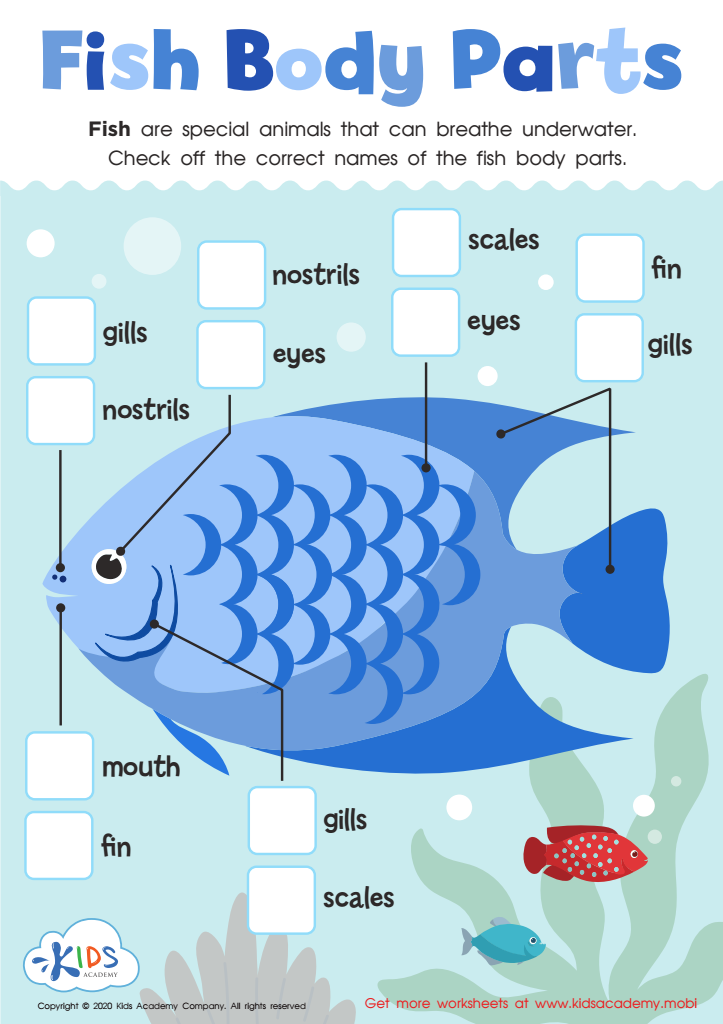

Fish Body Parts Worksheet
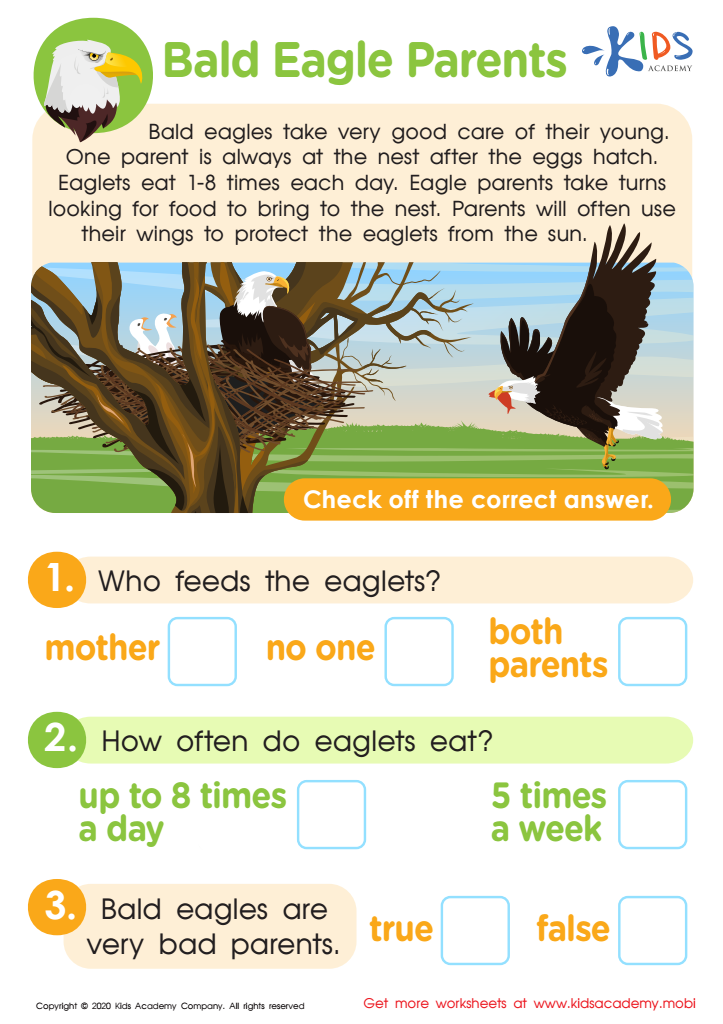

Bald Eagle Parents Worksheet
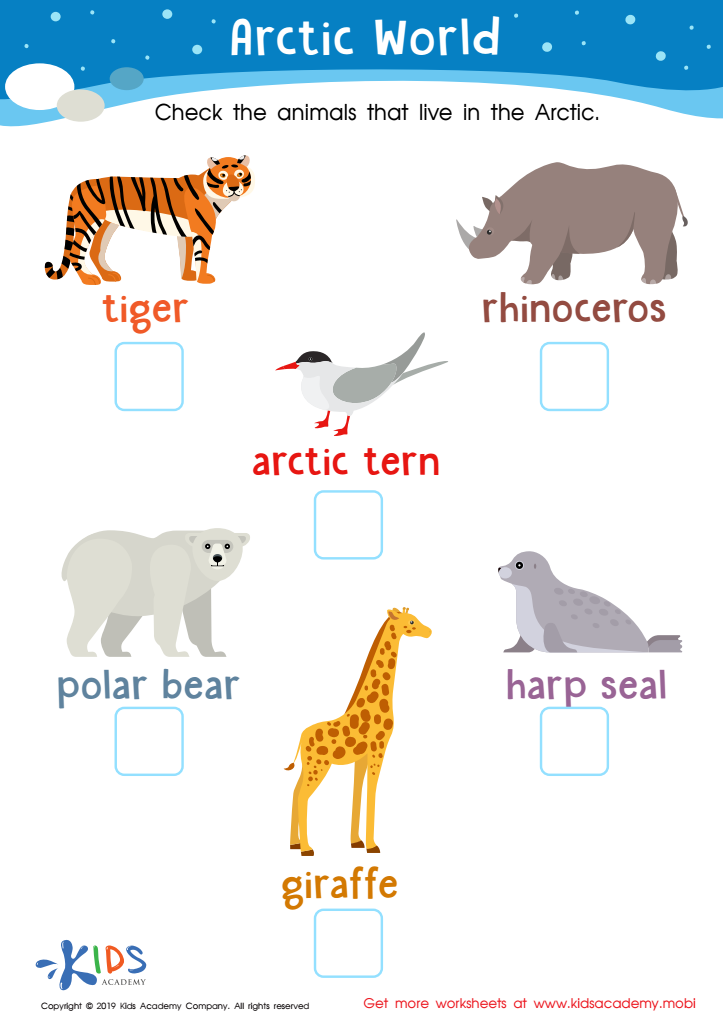

Arctic World Worksheet
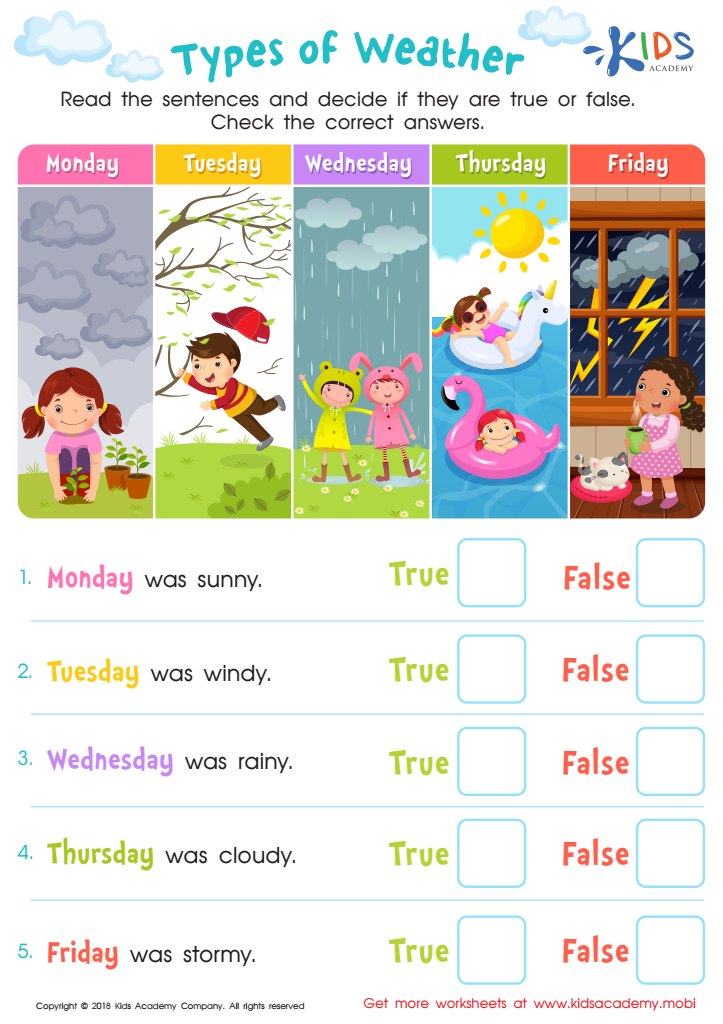

Types of Weather Worksheet
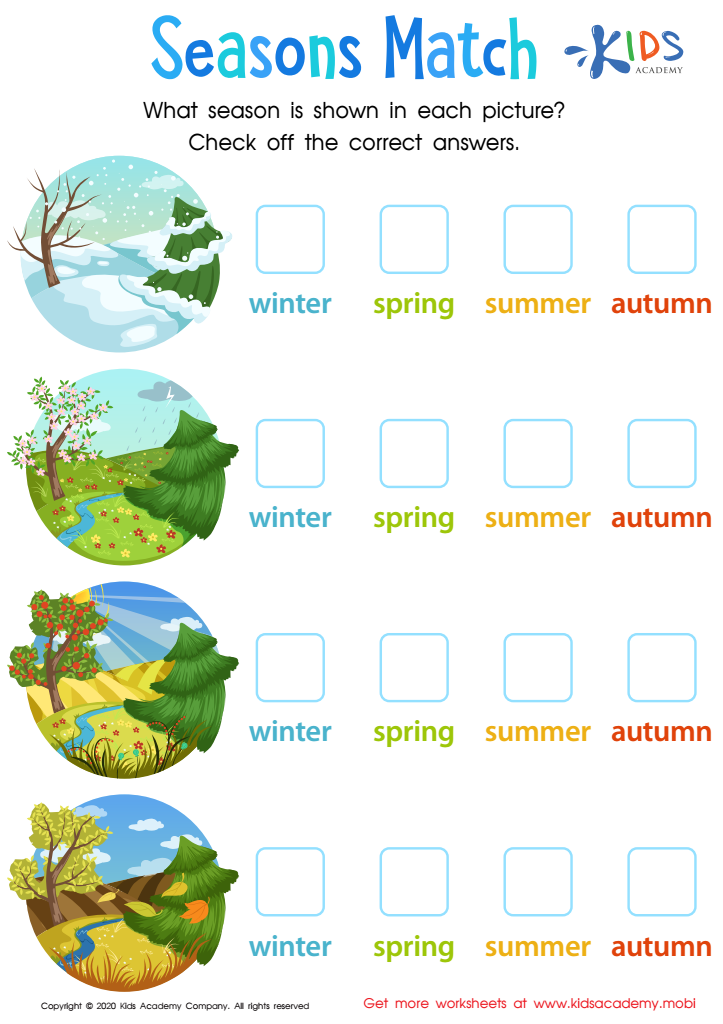

Seasons Match Worksheet
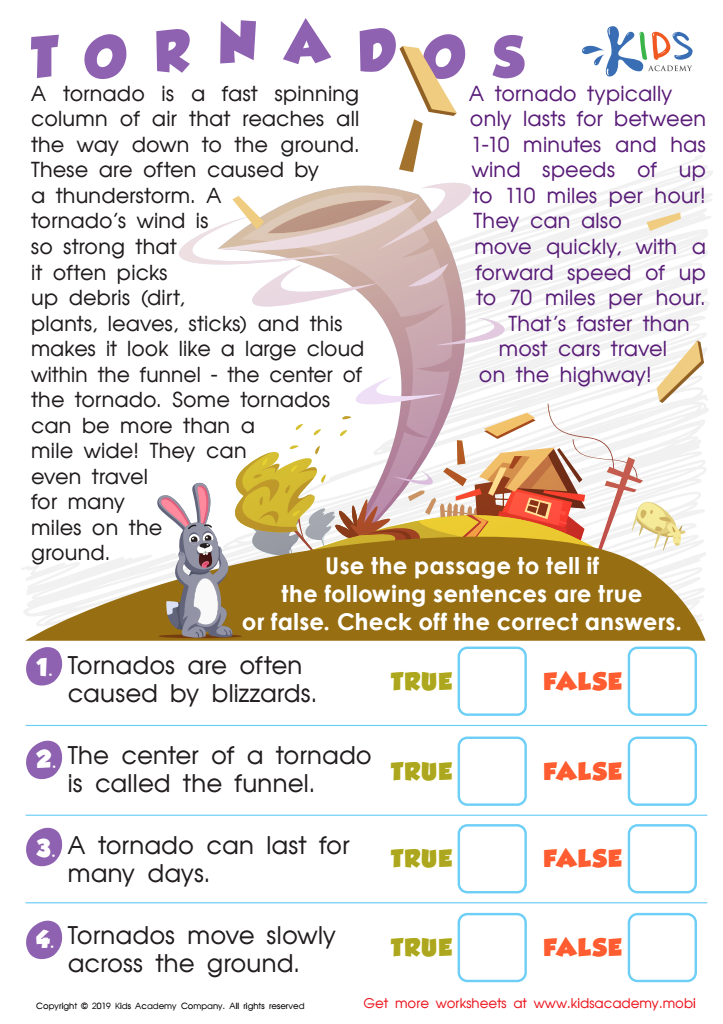

Tornados Worksheet
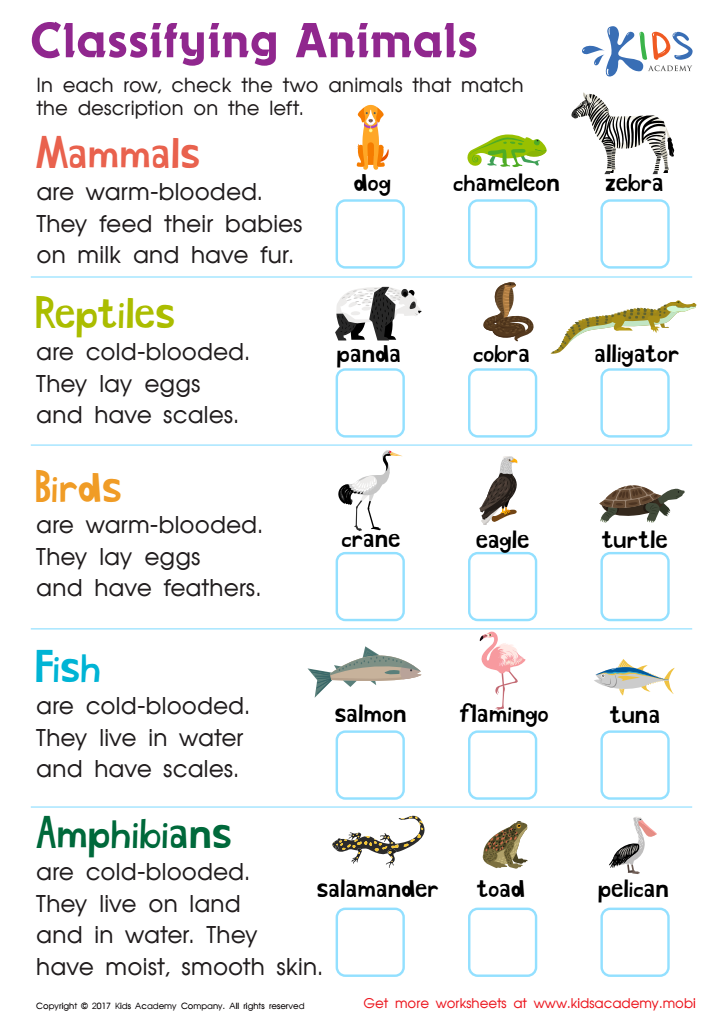

Classifying Animals Worksheet
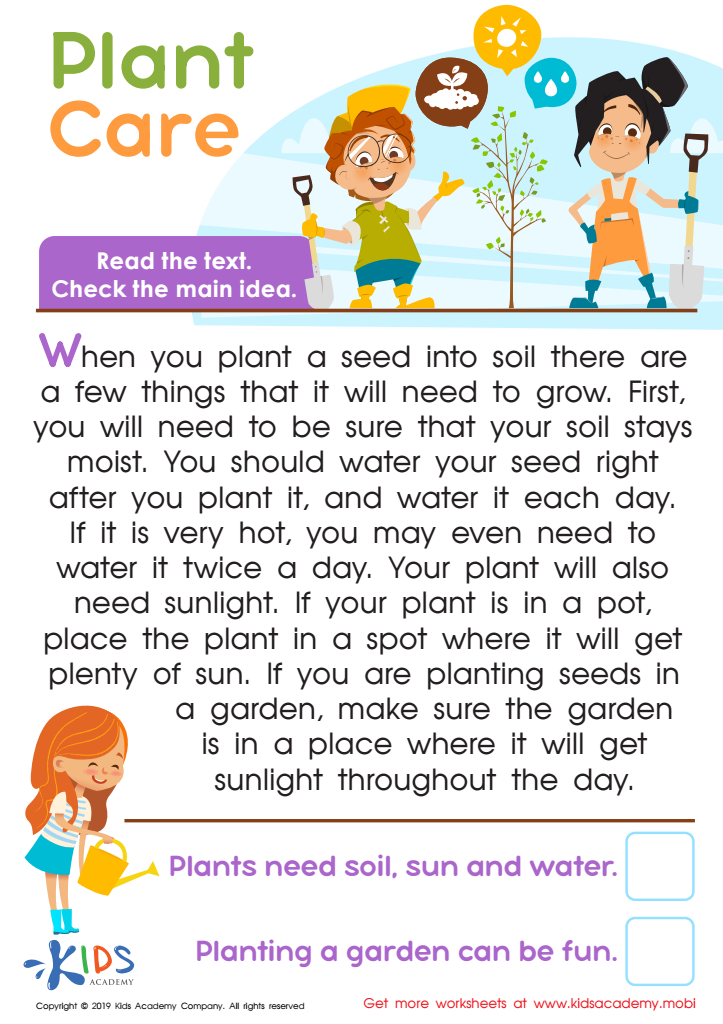

Plant Care Worksheet
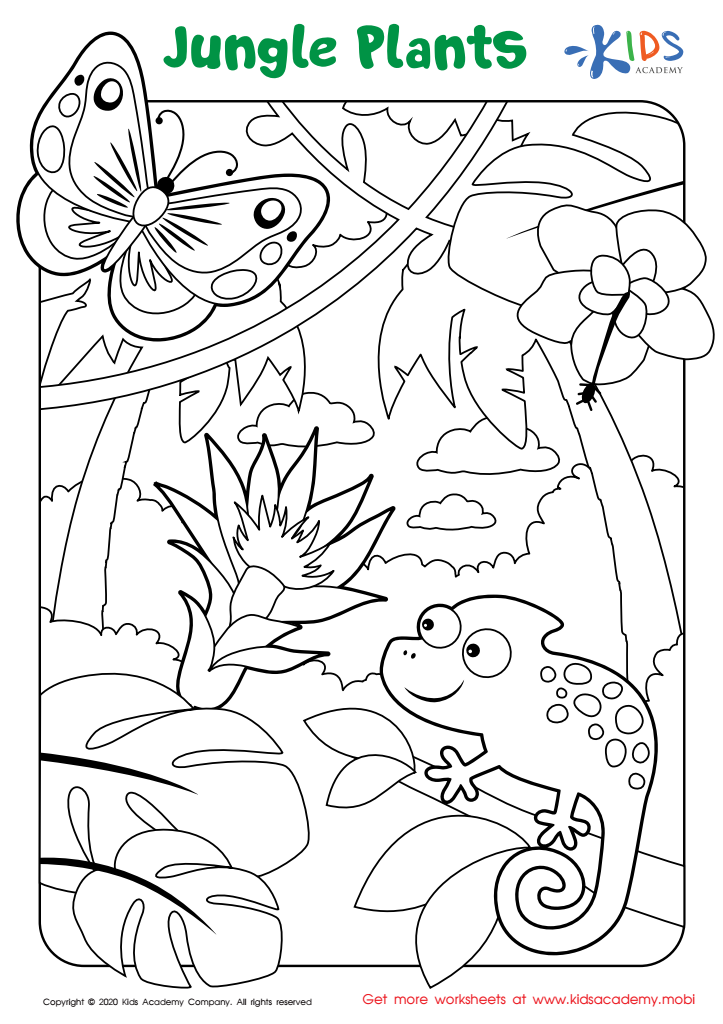

Jungle Plants Worksheet
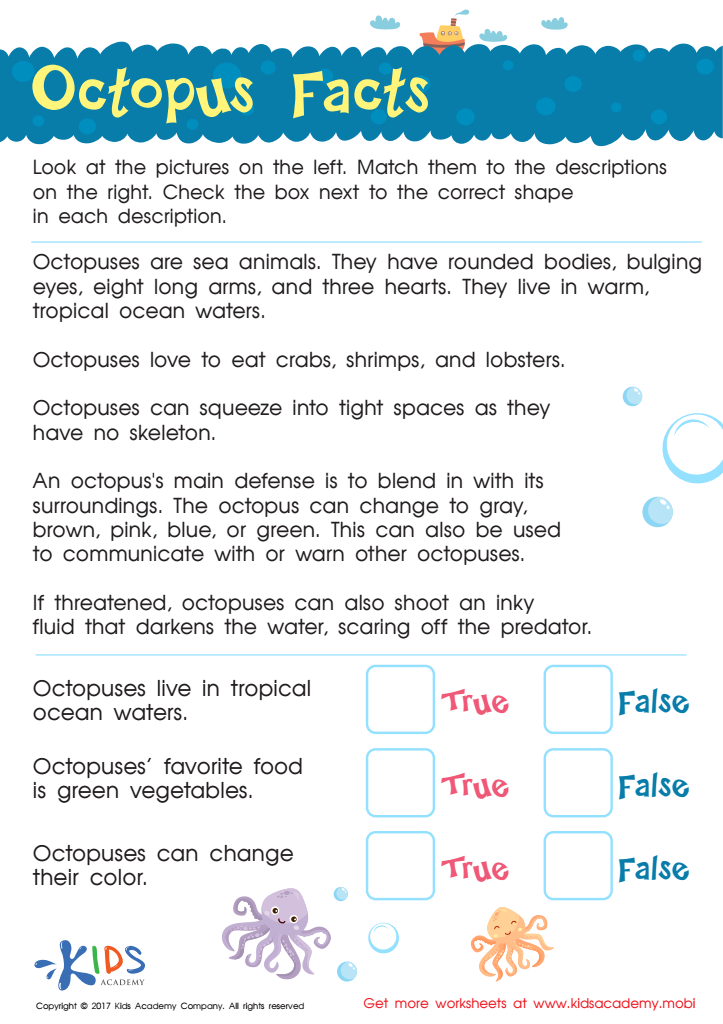

Octopus Facts Worksheet For Kids
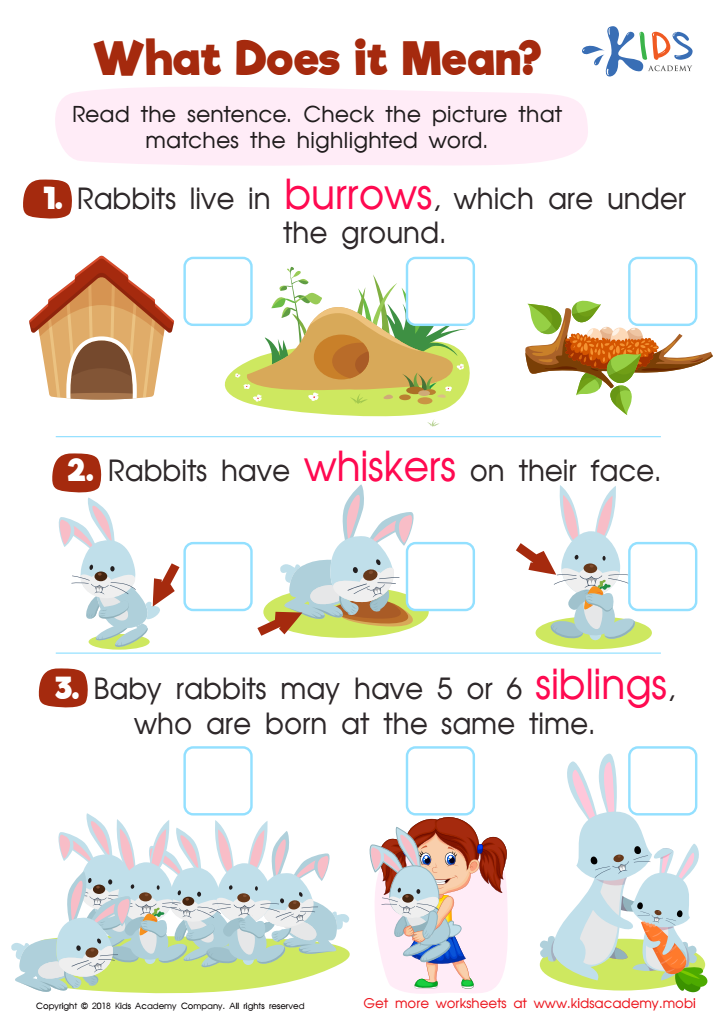

What Does It Mean? Worksheet
Vocabulary expansion in science for children ages 4-9 is crucial for several reasons. First, this age group is in a formative stage of cognitive development where language acquisition is rapid. By integrating vocabulary in scientific contexts, educators and parents help children build a strong linguistic foundation that enhances their comprehension and expression. Science vocabulary is often specialized, containing terms that are essential for understanding basic concepts in biology, chemistry, and physics.
Second, a robust vocabulary enhances critical thinking skills. When children learn the correct terminology to express their observations and questions, they are better equipped to engage with scientific inquiry. This encourages curiosity and a sense of wonder about the world around them.
Moreover, exposure to scientific vocabulary fosters literacy skills, as students become familiar with diverse contexts and usages of language. It also supports STEM (Science, Technology, Engineering, and Mathematics) learning, which is vital in today’s educational landscape.
Lastly, promoting vocabulary expansion in science encourages discussions among peers and adults, reinforcing social interaction and communication skills. By prioritizing vocabulary in the realm of science, parents and teachers empower children to become articulate thinkers and problem-solvers, laying the groundwork for lifelong learning and engagement in scientific pursuits.

 Assign to My Students
Assign to My Students


















